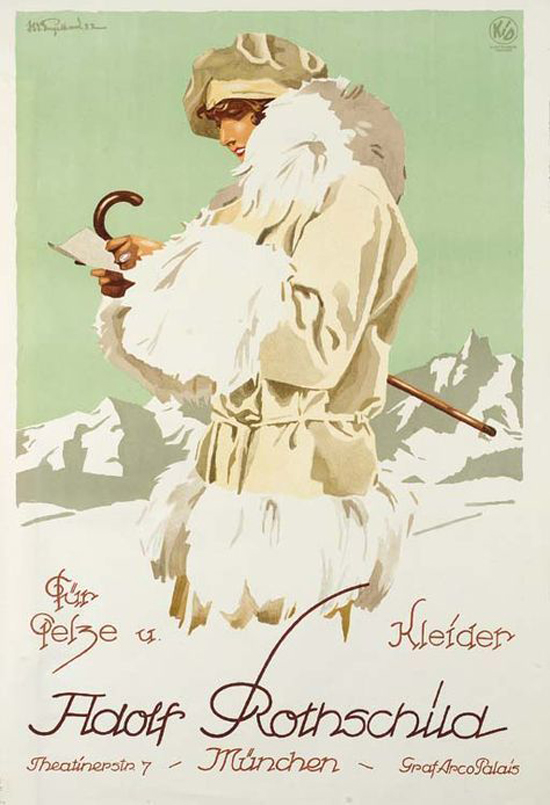
Art by Julius U. Engelhard

Art by Julius U. Engelhard
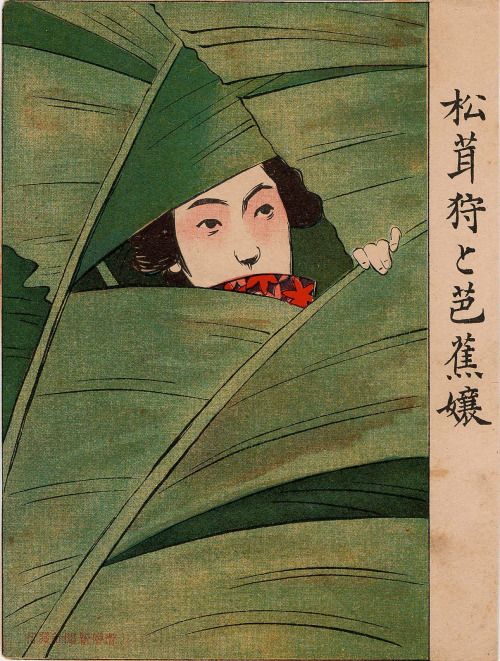
Japanese postcard, 1908
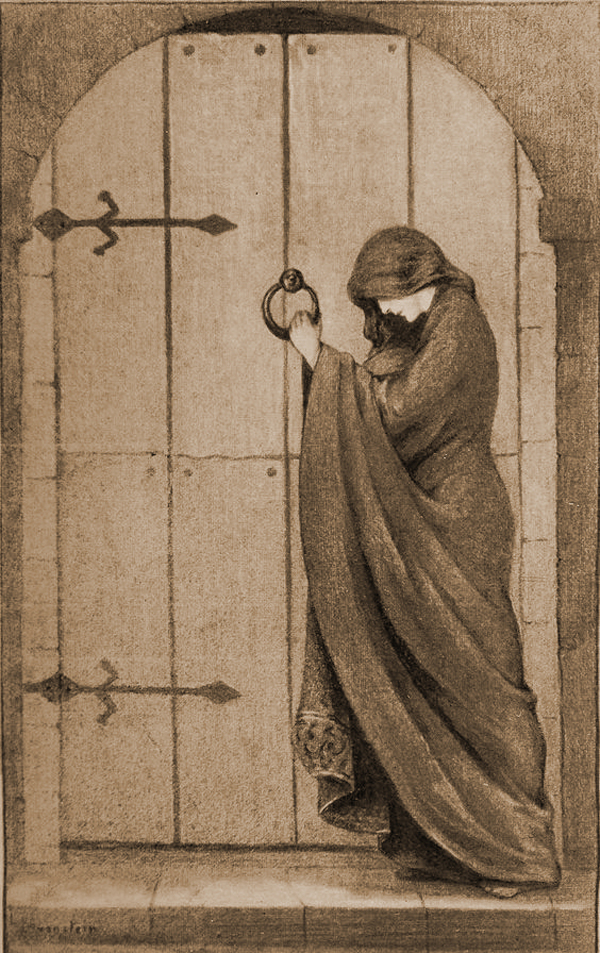
Art by Loretto Christine Löwenstein for Songs for the Night (1903) by Adene Williams. The two were friends in Washington, D.C.
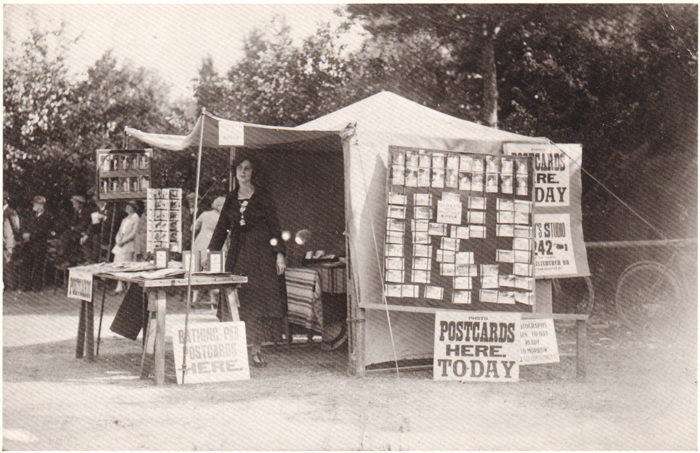
Bailey’s Photographers, Bournemouth, England.
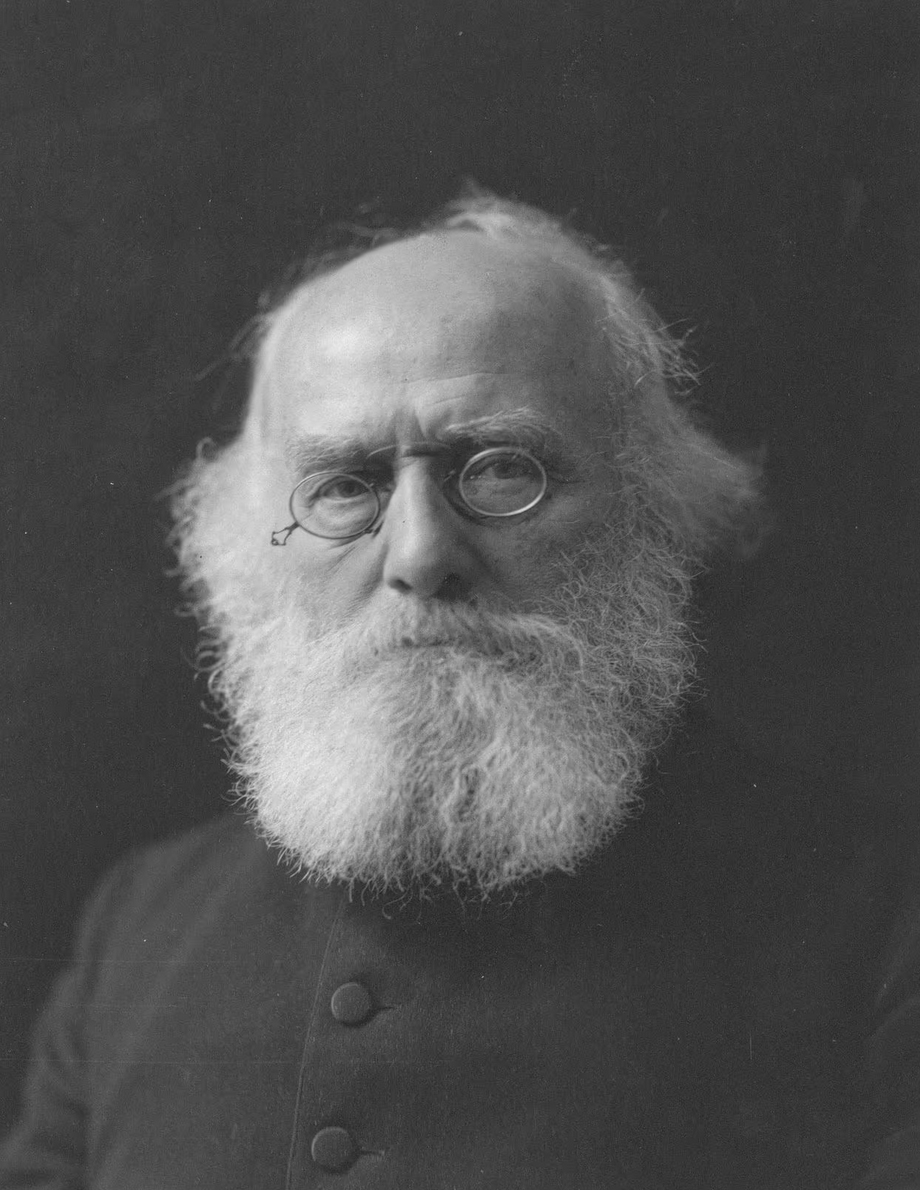
“Nowhere does hate bring happiness; nowhere does self-seeking satisfy, wrong triumph, or falsehood bless. Hell, then, is potentially everywhere; that is, it will manifest itself wherever wrong, sin, discord, selfishness, exist; will begin to show itself precisely at the same moment that they show themselves.”
— The Rev. Samuel Calthrop, “Heaven and Hell” in Unitarian Affirmations (1882)
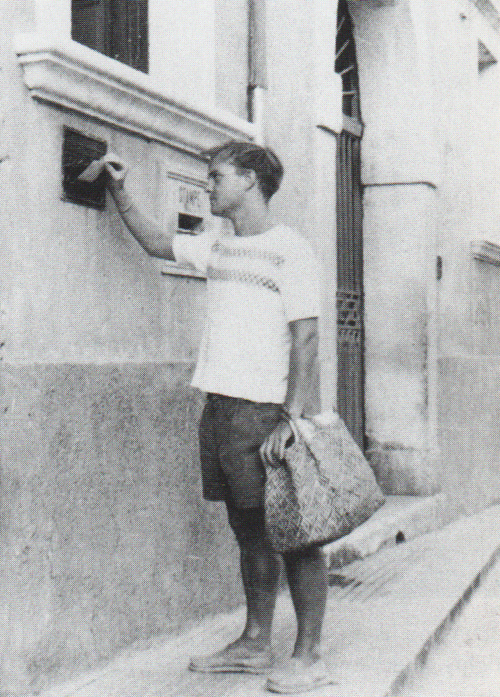
“At about five o’clock in the afternoon, Truman and I would go into town to do the marketing. He would get the mail, which was terribly important to him, and we would sit in a bar on the piazza and read.”
— Pearl Kazin Bell, in Truman Capote (1998) by George Plimpton
“What is a better ticket to survival than being beautiful and rare?”
— Snake breeder Bob Clark, quoted in “Skin in the Game: Inside the frenzied business of designer ball pythons” by Rebecca Giggs, The New Yorker, February 26, 2024
“You know how the Klan is–they haven’t had any excitement for a long time. Unless they can stir something up, people won’t pay their dues and the Chief Dragon gets upset.”
— Sheriff Farish of Monroeville, Alabama, in Truman Capote by George Plimpton
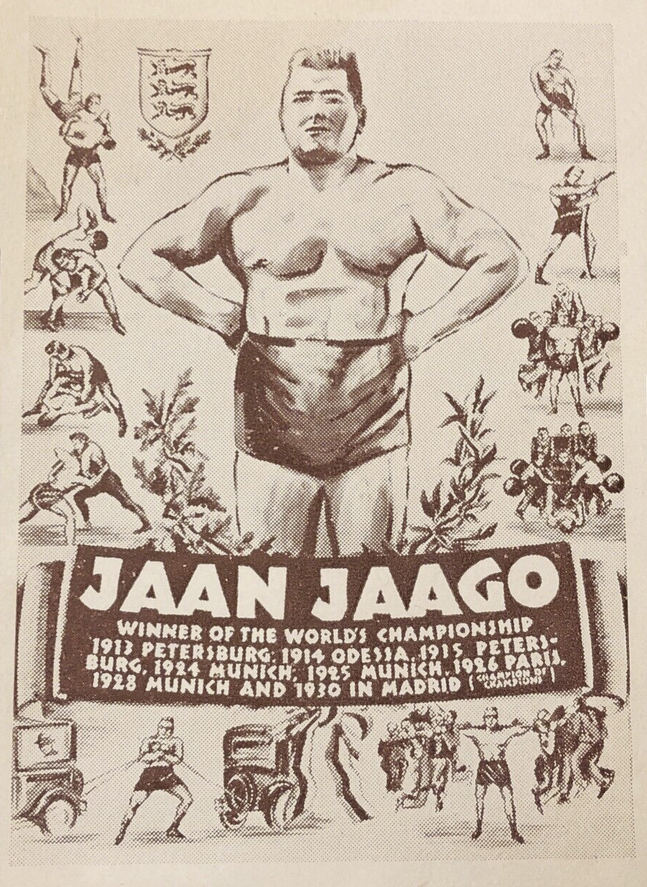
Jaan Jaago (1887-1949), an Estonian, was a three-time winner of the World Wrestling Championship.
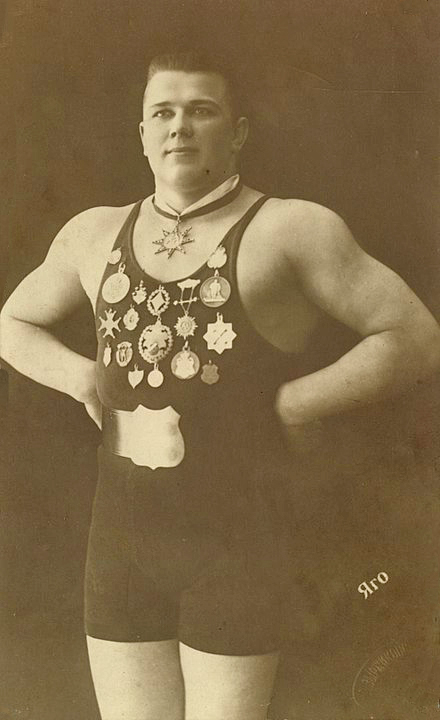
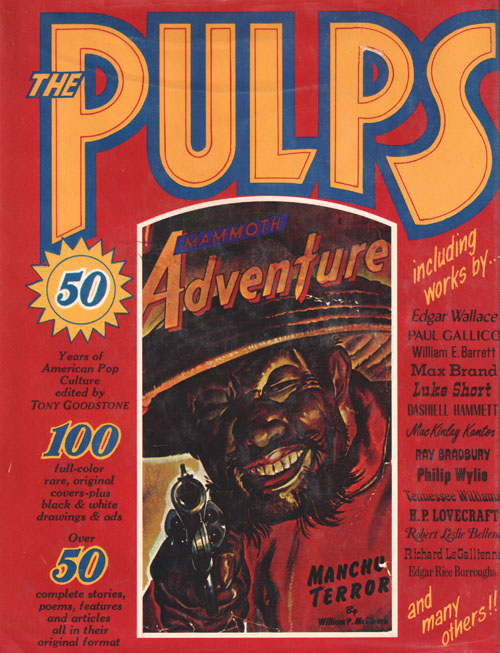
About 50 years ago, The Pulps by Tony Goodstone appeared under my Christmas tree. A big fat book, but I was particularly drawn to an illustration by James E. Allen.
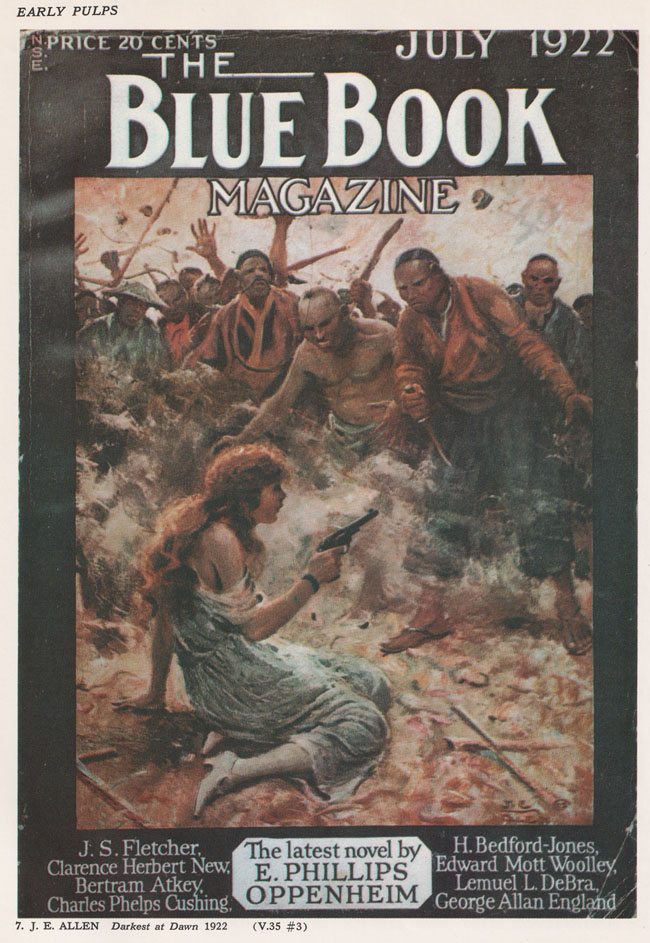
One look, and I had to know how the young woman got into this fix. The Pulps gave me the name of the story, “Darkest at Dawn,” but the cover of the Blue Book Magazine listed nine writers. A few decades on, the Internet had burgeoned and I narrowed my search down to the prolific Henry Bedford-Jones. However, his story wasn’t available digitally or included in any published collections of his work.
I wasn’t sure how much longer the heroine could hold the mob at bay. All I could do was enter an automatic search on eBay for “Blue Book July 1922” and hope for the best. When the prize finally appeared, it was exorbitantly expensive. But I’d waited for half a century.
Here’s the story: The woman in peril is Iseult Duchesne. She has accompanied her brother, Felix, to Tienho, a Chinese hill town. Iseult catches the eye of Tristan d’Afara from Macao, who has made a fortune in opium and is in Tienho shopping for slave girls. Felix, who is a geologist but also a spy, comes down with typhoid. Down river in Canton, the spymaster James See Kohler has caught wind of the Duchesne’s plight. He enlists an American, known only as Smith, to go to their rescue. Meanwhile, Iseult goes to the magistrate for help, but he has left town.
“Disheartened, sick at soul, utterly weary, she turned to the street again—and heard shouts and a rising storm of voices. Careless of what happened, she stepped around the blank wall, came through the gateway—and once more found herself facing a throng of yellow faces; angry faces this time, hurling threats and shouts at her, bloody faces where her whip had bitten, knives flashing and hands menacing.
“For a moment she paused there, gathering up the whip in her hand. Before she could use it, a clod of dry earth hurtled through the air, struck her head, sent her staggering and reeling against the wall for support. A hail of filth, stones and clods followed this, and with a roar the crowd closed in upon her.
“The whip was wrenched from her grip; yellow claws tore away her hat, ripped at her clothes, raked her flesh, brought her hair tumbling about her face. It was like some frightful deluge of a dream, overwhelming and irresistible; dust swirled and foamed up from the rushing feet, cloaking everything. Iseult screamed with the mad terror that seized her under the clawing touch of those yellow hands.
“She felt herself going down under the trampling feet, under the sticks and knives and blows. The frock was tattered and sundered; her arms were bare; her white shoulders shone through the dust. Shame brought a second frantic scream from her lips.
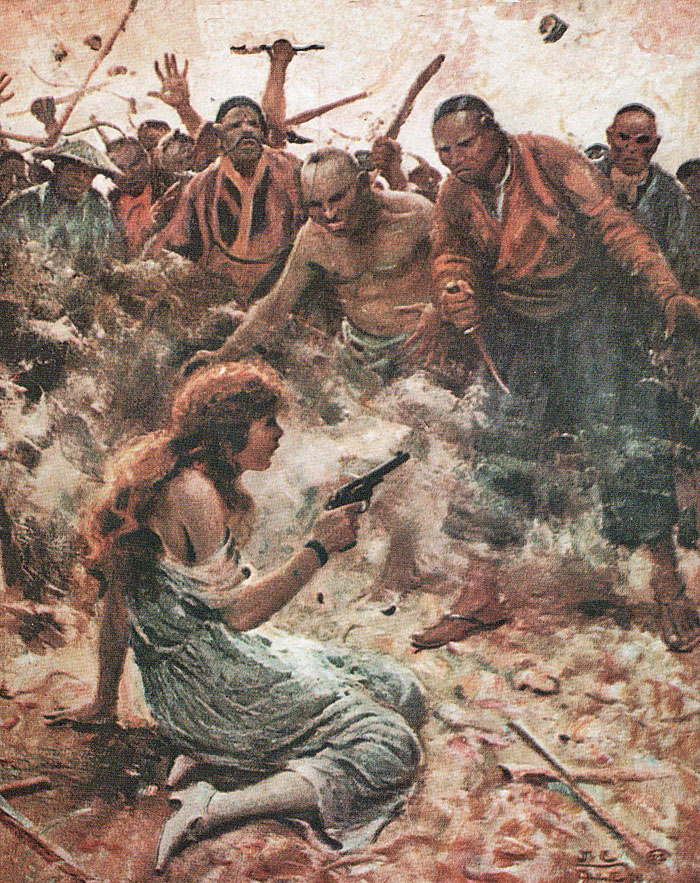
“Then suddenly she found the revolver in her hand, heard the cracking report as she fired. She was sitting on the ground now, supporting herself with one arm, the revolver trembling and weaving before her. Under the shot a man had gone down, lay there motionless; the others drew back, then surged forward, and dust hid the body from sight.
“Again she fired, and again, blindly, sending the heavy bullets smashing into that ring of yellow faces and bodies. Yet they came forward. Another shot—her last! The hammer clicked on emptiness.”
At this point, things take a turn for the worse. Iseult is hooded, dragged into a house, dyed and dressed to match a Chinese woman, strapped to a mule and carried into the mountains by Tristan d’Afara. Fortunately, many pages later, Smith comes to the rescue and marries the heroine. I am so relieved.